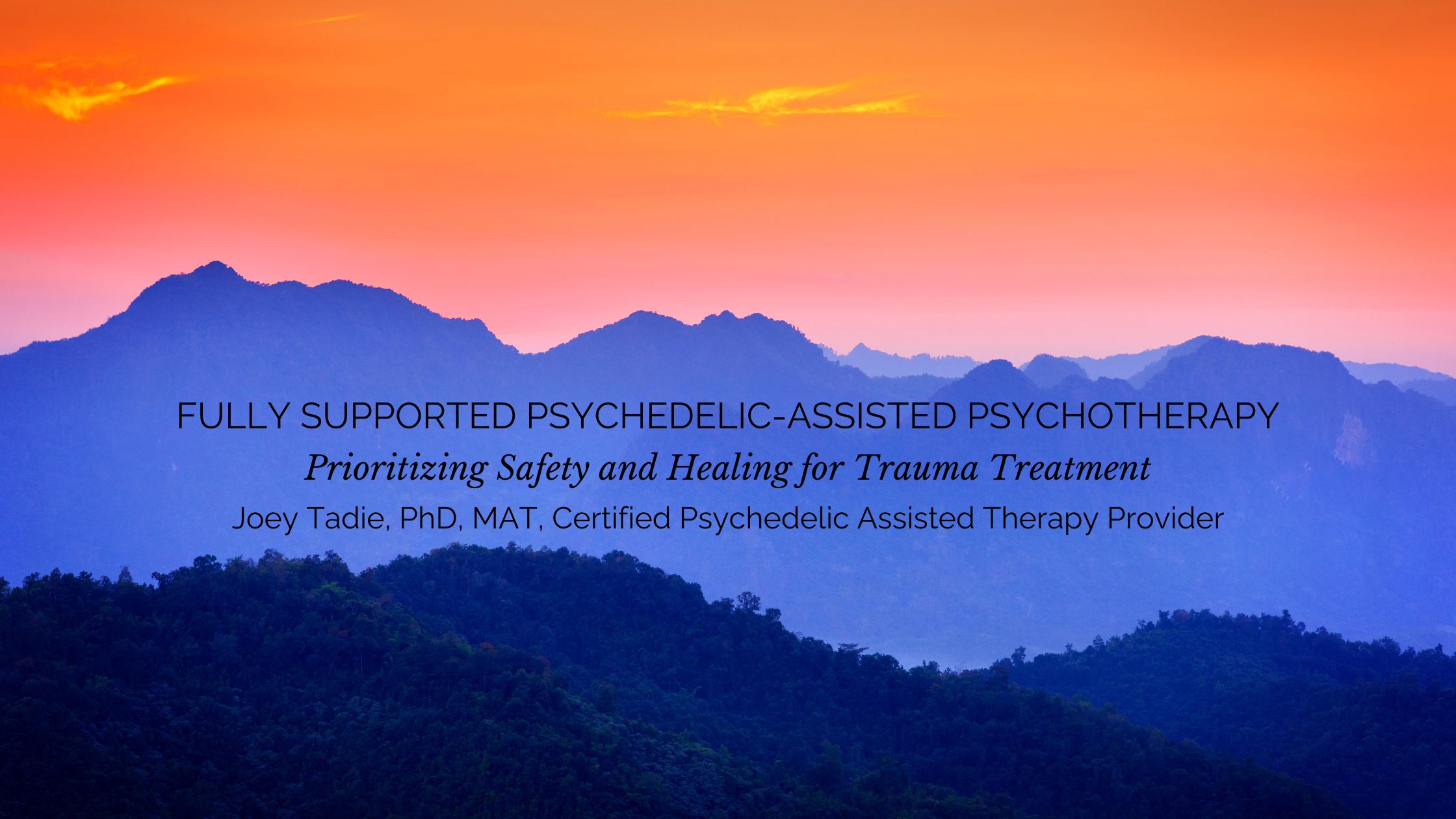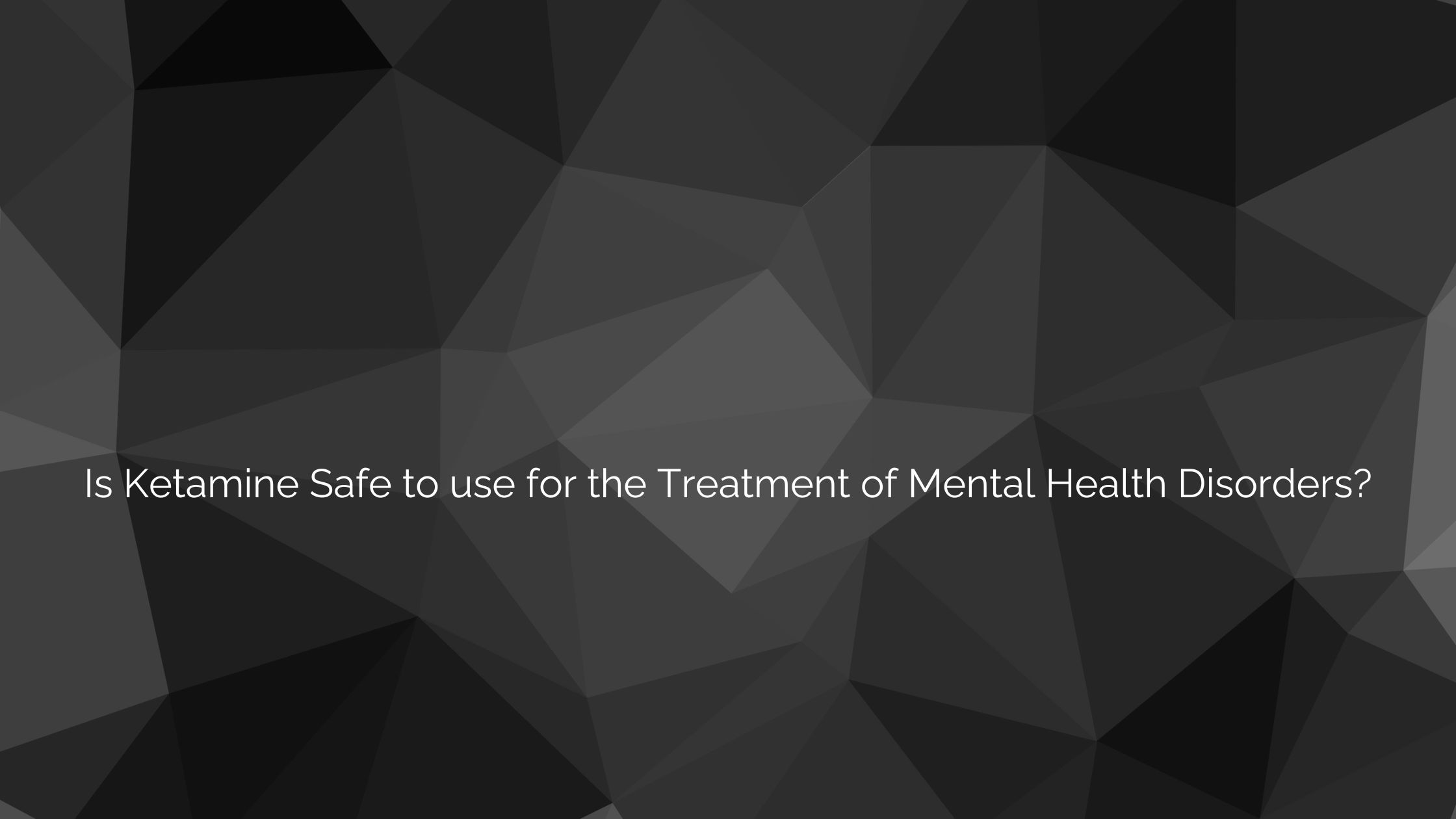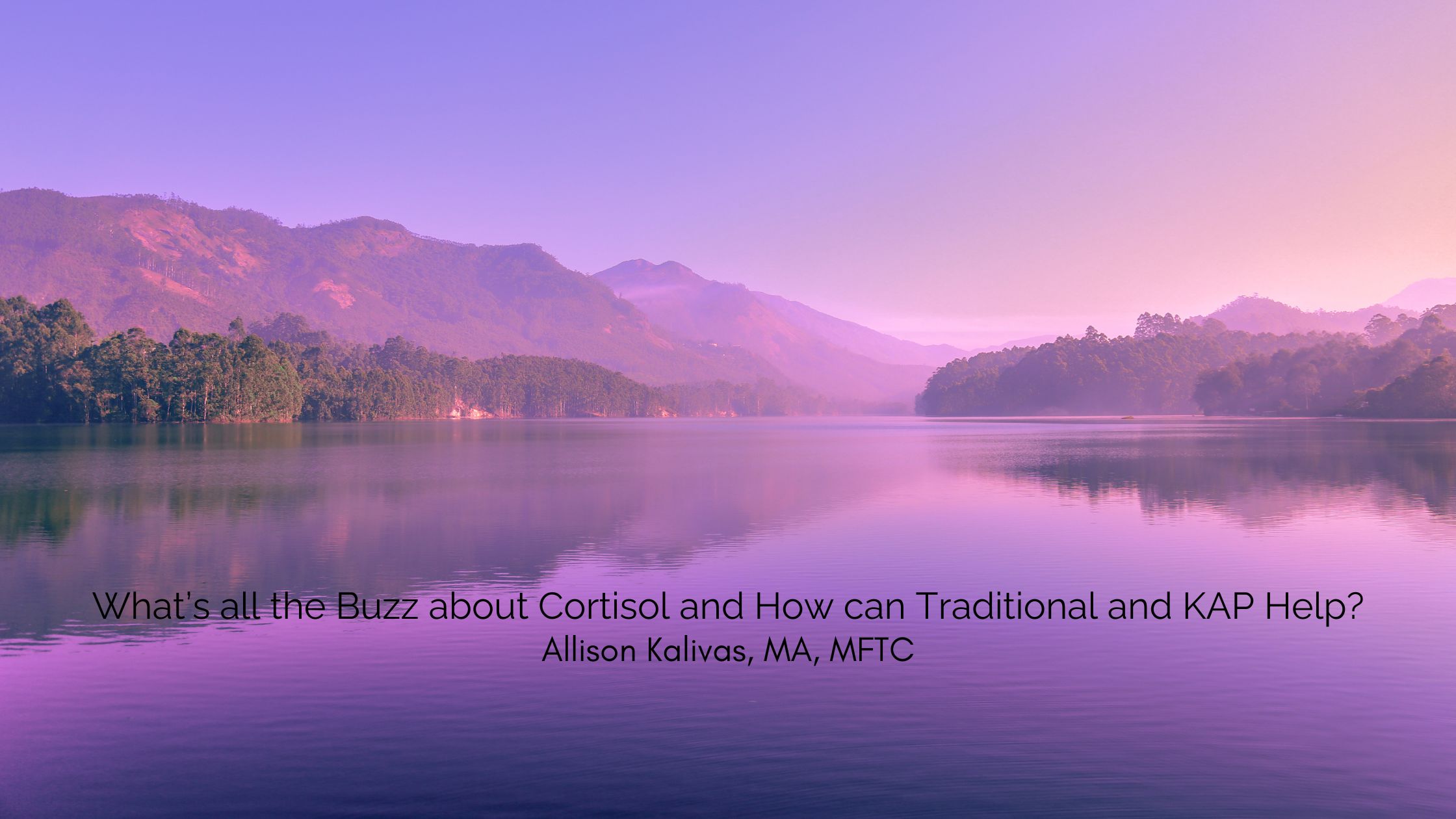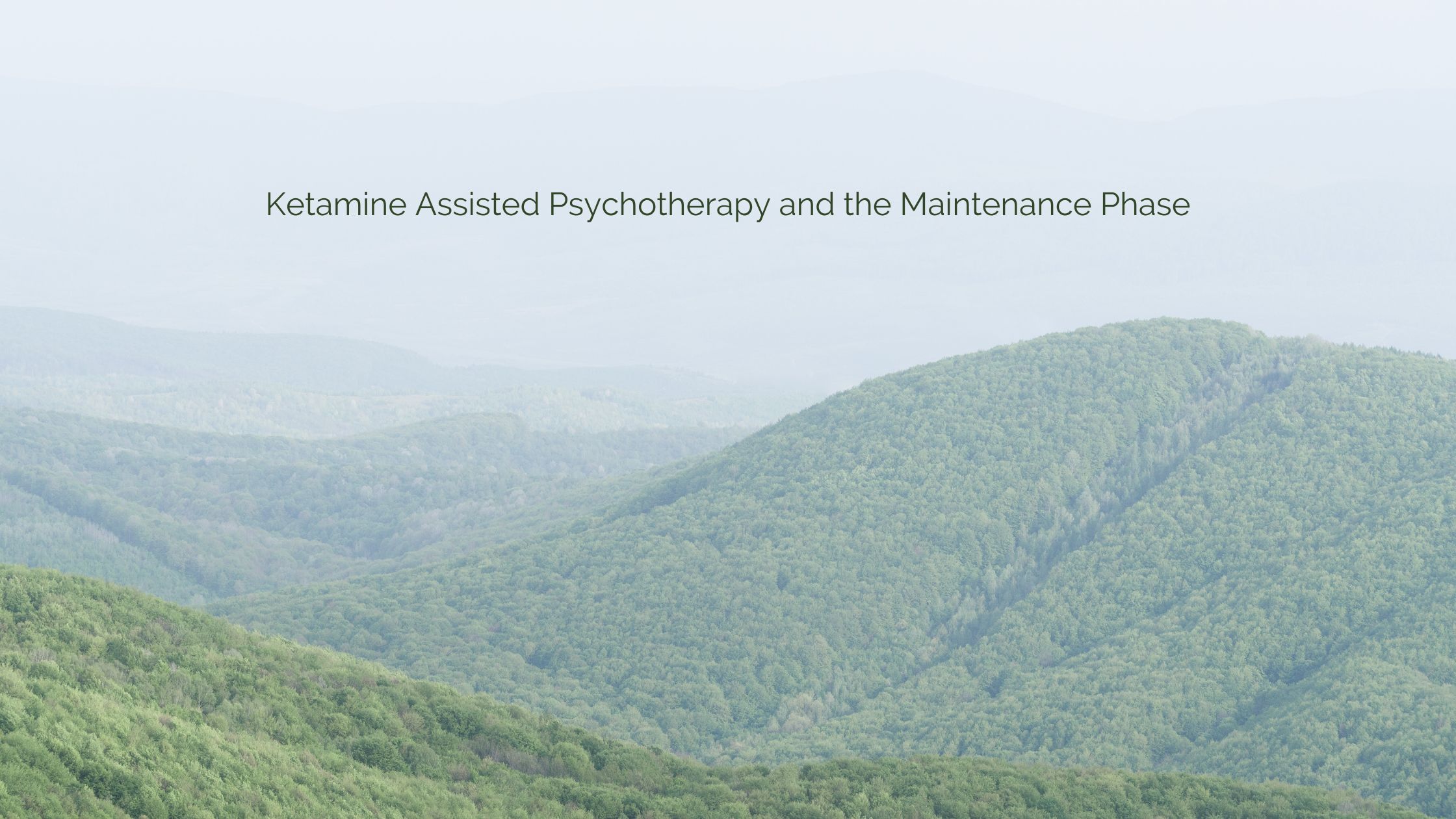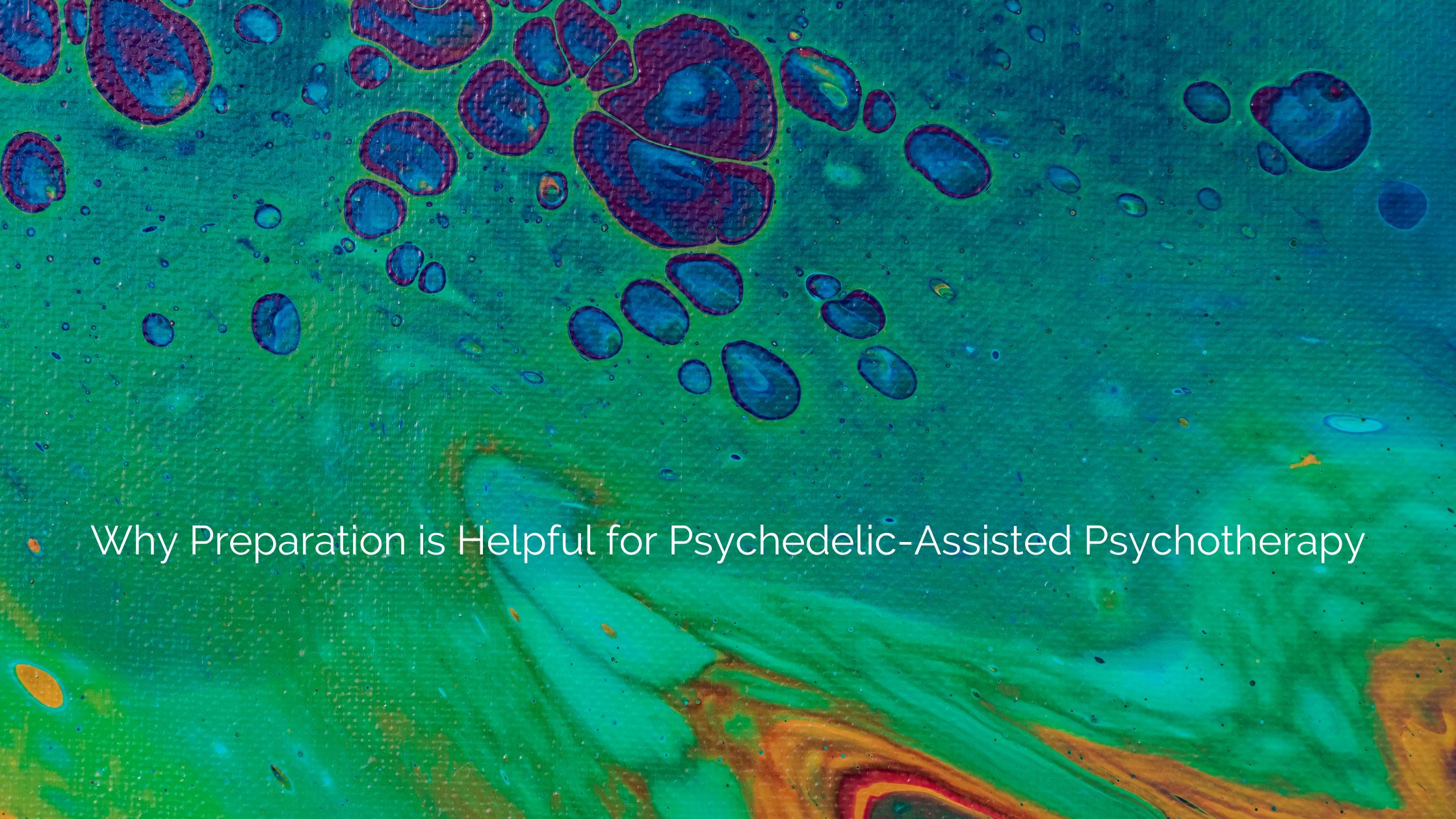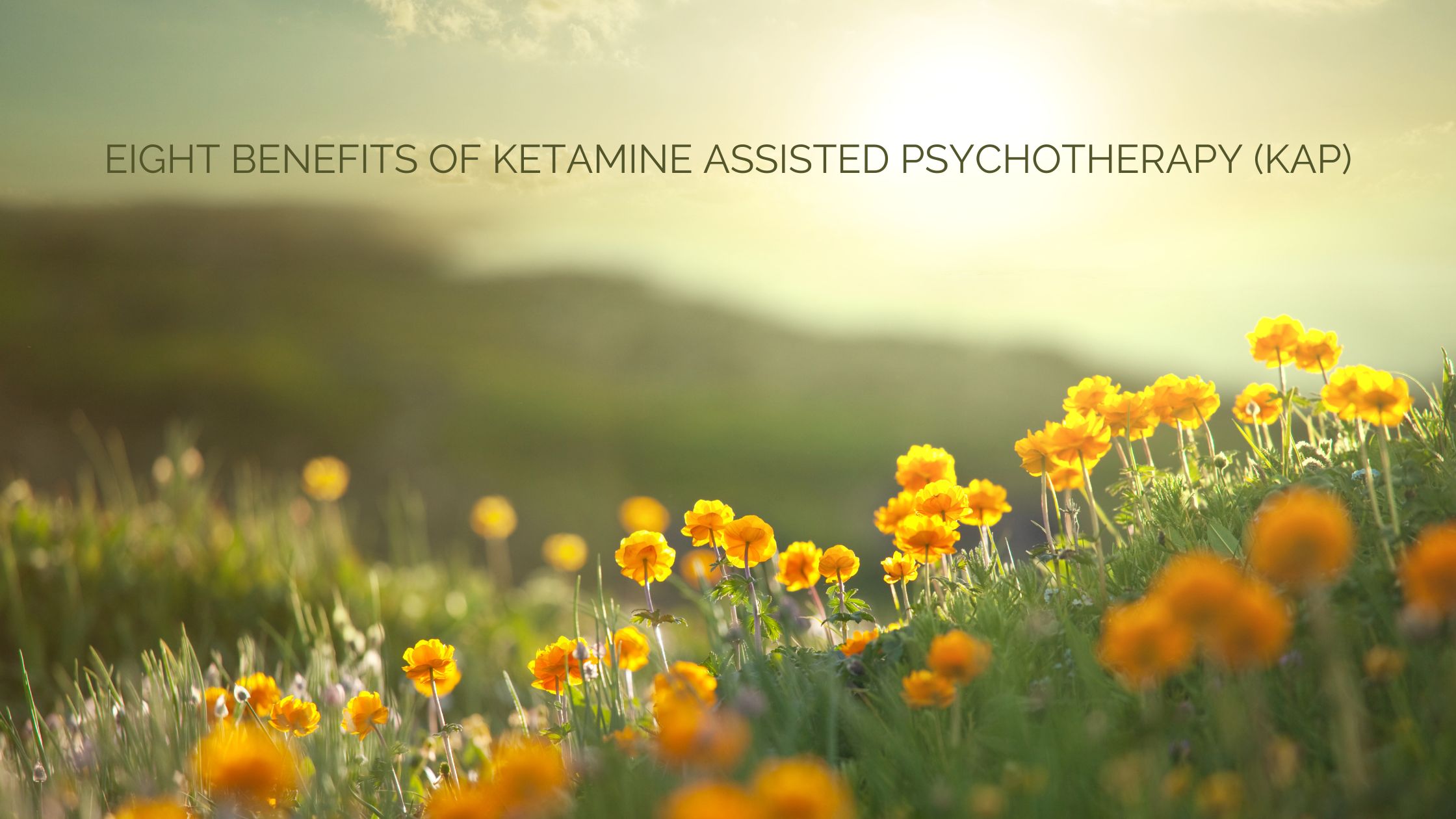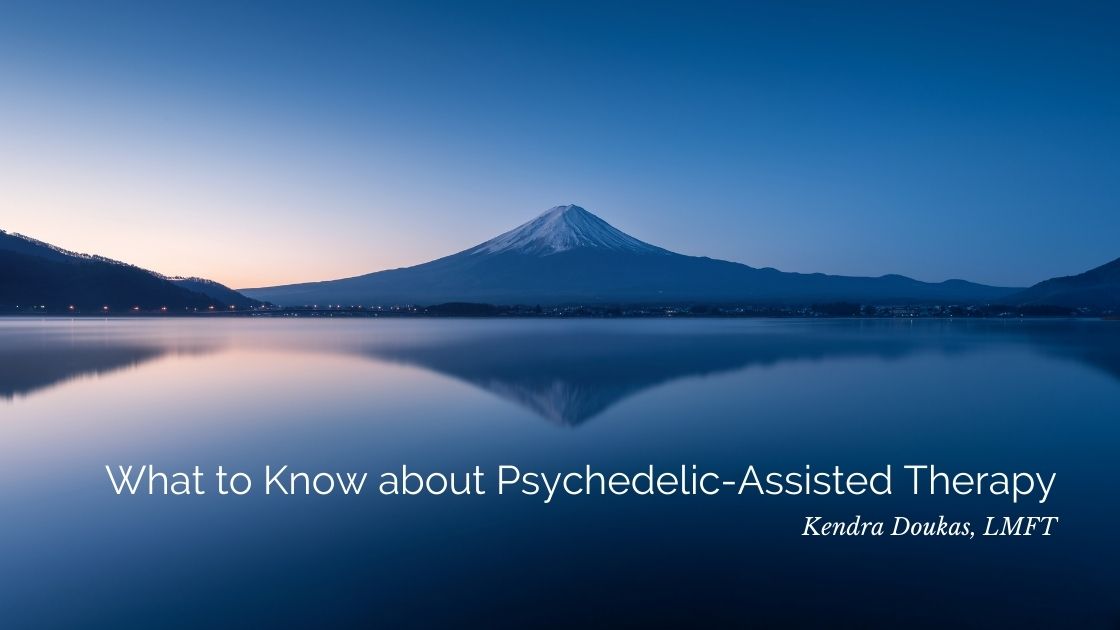Ketamine Assisted Psychotherapy
Ketamine Assisted Psychotherapy In Denver CO
We are accepting new clients. Contact us to learn more.
Are you experiencing mental health symptoms that months or years of hard work, medication, and therapy don’t seem to fully resolve?
Have you ever been told your mental health condition is “treatment-resistant”?
Have you tried multiple medications and still haven’t found the relief you are seeking?

If you answered yes to any of these questions, you are not alone. Millions of Americans are suffering from depression, PTSD, OCD, and other conditions that have not responded fully to the currently available treatments.
There is hope. You may be a candidate for a cutting-edge mental health treatment:
Ketamine Assisted Psychotherapy
Ketamine is a fast-acting, highly effective treatment for depression that has not responded to other treatments. Additionally, it shows promise in the treatment of PTSD, OCD and Eating Disorders. Ketamine has a completely different mechanism of action from any other antidepressant medication and offers hope to the millions of people who have not found adequate help through therapy and medication alone.
Ketamine is proven to break the cycle of treatment-resistant depression in over 70% of patients
The dissociative experience of Ketamine can disrupt dysfunctional cognitive patterns associated with Depression, Anxiety and PTSD

What is Ketamine?
Ketamine has been used as a safe and effective anesthetic for over 50 years. Ketamine has been FDA-approved since 1970 and has been administered billions of times worldwide. It is most often used as an anesthetic for minor surgeries and emergency pain relief. It is on the World Health Organizations’ list of essential medications. Ketamine is considered a very safe medication when administered under medical supervision to individuals who have been medically cleared, are adequately monitored, and follow basic before and aftercare instructions.
In the last two decades, ongoing research on the mental health application of Ketamine has shown it to have significant antidepressant properties. Studies of Ketamine have shown substantial benefit for people experiencing “treatment-resistant depression” (meaning they had tried two or more medications without substantial benefit) with over 70% of participants responding positively to the treatment.
At the Catalyst Center we believe combining the biochemical benefits and the transformational psychedelic experience of ketamine maximizes the impact of this cutting-edge treatment
Biochemical Benefits
Ketamine normalizes the brain’s default mode network activity. Think of the DMN as your brain’s usual mode of operation, the DMN is active when you are in wakeful rest such as daydreaming or mind wandering, it is also active when you are thinking about others, thinking about yourself, remembering the past, and planning for the future. Resetting the DMN can create an opportunity to get unstuck from negative thinking patterns and establish hope for a healthier future.
Ketamine also enhances neuroplasticity by significantly increasing Brain-Derived Neurotrophic Factor. Increased neuroplasticity can help undo the loss of neural connection commonly caused by long-term depression.
Finally, Ketamine blocks receptors for glutamate, a neurotransmitter associated with brain inflammation and excitotoxicity. Inflammation is another common factor in people with long-term depression.
These mechanisms are not found in other antidepressants and appear to help explain the rapid, powerful antidepressant effects of ketamine.
Transformational Psychedelic Experience
In the low doses used for mental health treatment (around 5-10% of what is typically used in anesthesia), Ketamine can induce a dissociative psychedelic experience. Most people feel disconnected from their bodies. You might revisit memories from your past, experience emotional release, or gain insight into your life situations. With the proper preparation and dosage, people can encounter a mystical experience. They return to describe feeling connected to a higher power and often report deep personal or transpersonal insights.
Ketamine psychedelic experiences can be deeply meaningful and offer an opportunity for profound personal transformation. Adequate therapeutic support is crucial to integrating the transformational experience of Ketamine, otherwise, your journey may remain an “interesting experience” rather than eliciting profound personal transformation. Our Ketamine therapists are all fully trained in psychedelic integration and will work with you to prepare for and integrate the experience. Together you and your Ketamine therapist will work to bring the insights gained from your experience to fruition in your life.
In our opinion, combining the biochemical and transformational psychedelic aspects of ketamine maximizes positive gains for our clients
Change Begins Here
Contact Us to learn more about our Ketamine Assisted Psychotherapy Intensives
The Catalyst Center Difference
Our Ketamine-Assisted Psychotherapy program offers fully supported Ketamine experiences; you will be medically monitored by our on-site medical staff and you will never be left alone during your Ketamine experience. You will be accompanied by your Ketamine therapist or one of our trained Ketamine assistants from beginning to end of your experience. In addition, you will work with one of our team of highly trained Ketamine Assisted Psychotherapy clinicians to prepare for your experiences and to integrate your insights following your Ketamine journeys.
We believe The Catalyst Center Ketamine Assisted Psychotherapy model prioritizes your comfort and maximizes the effectiveness of Ketamine for mental health conditions.
In contrast to The Catalyst Center model, typical Ketamine Infusion Clinics offer a more medicalized experience. These sites generally administer Ketamine but do not provide any pre or post-therapeutic support (though most recommend therapy, you are on your own to find someone trained to work with psychedelic integration, a very niche specialty). You would typically be in a room alone, or with other patients all being administered Ketamine in a room together with remote medical monitoring (like a video monitor) and a nurse or medical assistant checking in if needed.
People can have very intense emotional experiences during or just after their Ketamine experience, and we believe having adequate therapeutic support is vital to maximizing the benefits and reducing the risks of an adverse experience. The Infusion center model relies solely on the biochemical benefits of Ketamine and leaves out the transformational components we believe are vital to maximizing the benefit you receive from Ketamine.


Our Ketamine Assisted Psychotherapy (KAP) program integrates Ketamine and therapy into a three-week intensive program designed to maximize the benefits you may receive from Ketamine treatment
You will be guided through each step in the process by our compassionate and highly trained staff.
Ketamine Intensives at The Catalyst Center
Intake and Medical Screening
You and our Psychiatric Nurse Practitioner will meet to discuss your medical and mental health history, answer any questions you may have about ketamine, and weigh the pros and cons of KAP for your specific situation. If you are medically cleared and together with our medical team determine that KAP is the right treatment for you, then you will move on to one of our KAP programs.
Preparatory Sessions (1-2 sessions before you begin Ketamine)
You and your KAP therapist meet for one or two sessions to discuss your history and set intentions for your Ketamine Experiential Sessions. You will talk through what to expect and explore your preferences for how your therapist can support you during and after your experiential sessions.
Ketamine Experiential Sessions
You will be fully supported medically and therapeutically throughout each of your Ketamine Experiential Sessions. Sessions are approximately two hours with additional recovery time as needed. Plan to take the rest of the day off on your Ketamine Experiential Session days and to have a ride home.
Integration Sessions
You and your KAP therapist will meet in the days following each Ketamine Experiential Session to integrate what came up for you in your experiential session and more deeply internalize the experience.
*Additional integration sessions can be booked if desired following the three-week intensive.
Begin Your Journey
If you are interested in learning more about The Catalyst Center Ketamine Assisted Psychotherapy program, or to enroll in our KAP intensives, fill out the form below or give us a call at 720-675-7123
Meet The Therapists
Allison Kalivas, MA, MFTC
Katie Godfrey, PhD, LMFT
Lauren Pinneo, MSW, LCSW, LAC
Sarah Long, PsyD, LCP
Adrienne Long, PMHNP-BC
AJ Grovert, PsyD, LCP
Erin Jacklin, PsyD, LCP
Joey Tadie, PhD, LCP
Kendra Doukas, MS, LMFT
Karmen Thulin, PsyD, LCP
Hear from our team about psychedelic-assisted therapy
Fully Supported KAP: Prioritizing Safety and Healing for Trauma Treatment
Is KAP Safe to use for the Treatment of Mental Health Disorders?
What’s all the Buzz about Cortisol and How can Traditional and KAP Help?
Experiential Benefits of KAP
KAP and the Maintenance Phase
How KAP Could Help You Get Un-Stuck
Why Preparation is Helpful for Psychedelic-Assisted Psychotherapy
Eight Benefits of KAP
What to Know about Psychedelic-Assisted Therapy
No post found











